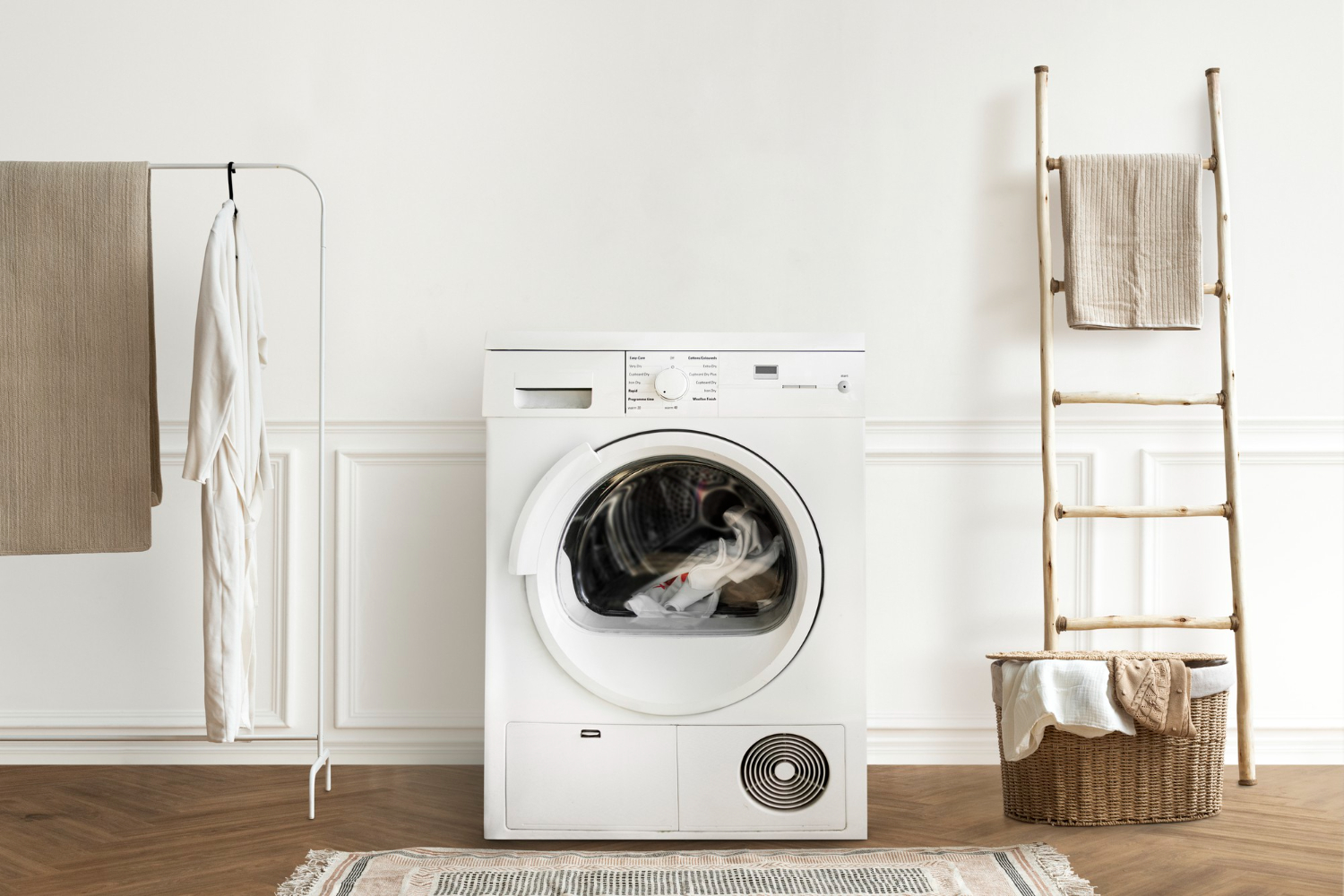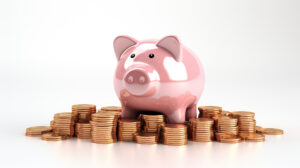In the realm of business finance, the line between personal and company expenses can sometimes blur, especially for directors like Mr. Y. This article explores the implications of using company funds for personal purchases, specifically focusing on a scenario involving the purchase of a washing machine.
The Scenario
Mr. Y, a director of Company X, occasionally uses company cash for personal items. Recently, he considered buying a washing machine priced at £1,000 net, plus 20% VAT, totaling £1,200. The question arises: can he do this without facing tax consequences?
His current income is £75,000.
Taxable Benefits
When Mr. Y uses company funds for personal purchases, it constitutes a taxable benefit. Even if he does not claim these expenses as tax-deductible, he must report them to HMRC. This means he could be liable for Income Tax and National Insurance contributions on the value of the benefit.
For the washing machine, the total cost of £1,200 would be treated as a taxable benefit. Given Mr. Y’s higher tax rate of 40%, he would owe £480 in taxes on this benefit, bringing his total cost to £1,680 when considering both the purchase price and the tax liability.
Financial Breakdown Using Company Funds
- Cost of the Washing Machine: £1,200 (including VAT).
- Tax Owed: £1,200 × 40% = £480.
- Total Cost to Mr. Y: £1,200 + £480 = £1,680.
- National Insurance: Company X is responsible for paying Class 1A National Insurance on the taxable benefit. The rate is 13.8% of the benefit value:
- NI Owed by Company: £1,200 × 13.8% = £165.60.
So the real cost is £1,845.6
Comparison: Using Net Salary for the Purchase
If Mr. Y decides to purchase the washing machine using his net salary instead, the financial implications change significantly:
- Net Income: Mr. Y’s net income is approximately £57,349.40 after tax.
- Cost of the Washing Machine: £1,200.
- Gross Equivalent Needed: To be able to spent £1,200 from his net salary, he must have earned £2,000 gross.
Summary of Costs
- Using Company Funds:
- Total cost to Mr. Y = £1,680 (including tax on the benefit).
- NI owed by Company = £165.60.
- Using Net Salary:
- Total cost to Mr. Y = £2,000 gross income needed to cover the £1,200 purchase.
Is It Better to Use Company Funds?
At first glance, using company funds might seem advantageous for Mr. Y, as it allows him to acquire the washing machine without impacting his personal cash flow. However, there are significant considerations:
- Immediate Access vs. Long-Term Consequences: While he gains immediate access to the washing machine, the taxable benefit complicates his tax situation and could lead to compliance risks with HMRC.
- Separation of Finances: Regularly using company funds for personal expenses can blur the lines between personal and business finances, potentially leading to audits or penalties.
Conclusion
While Mr. Y may find short-term benefits in using company funds for personal purchases, the long-term implications and tax liabilities suggest that maintaining a clear separation between personal and business expenses is prudent. In this case, using his net salary for the washing machine proves to be the more cost-effective option, as it avoids additional tax liabilities. Consulting with a tax advisor can provide tailored guidance to navigate these complexities effectively.









